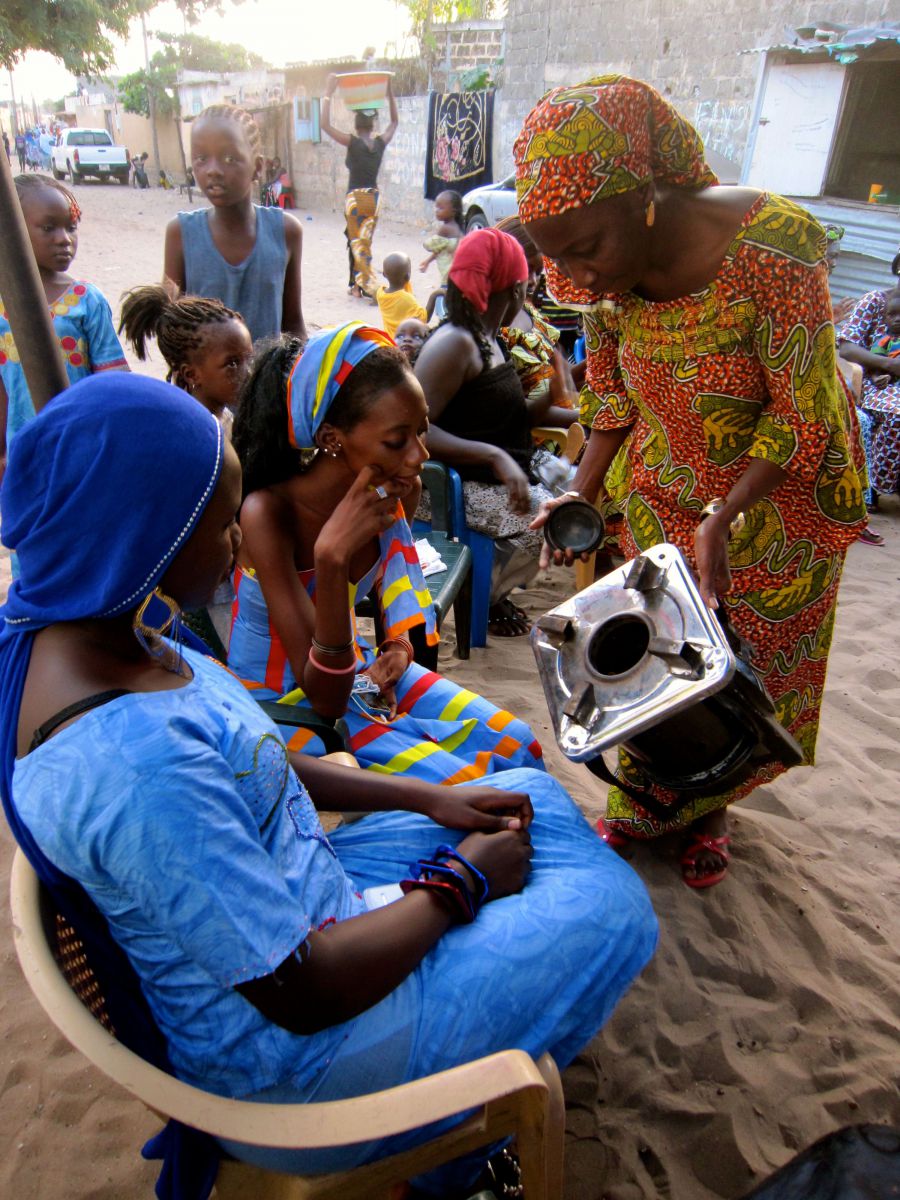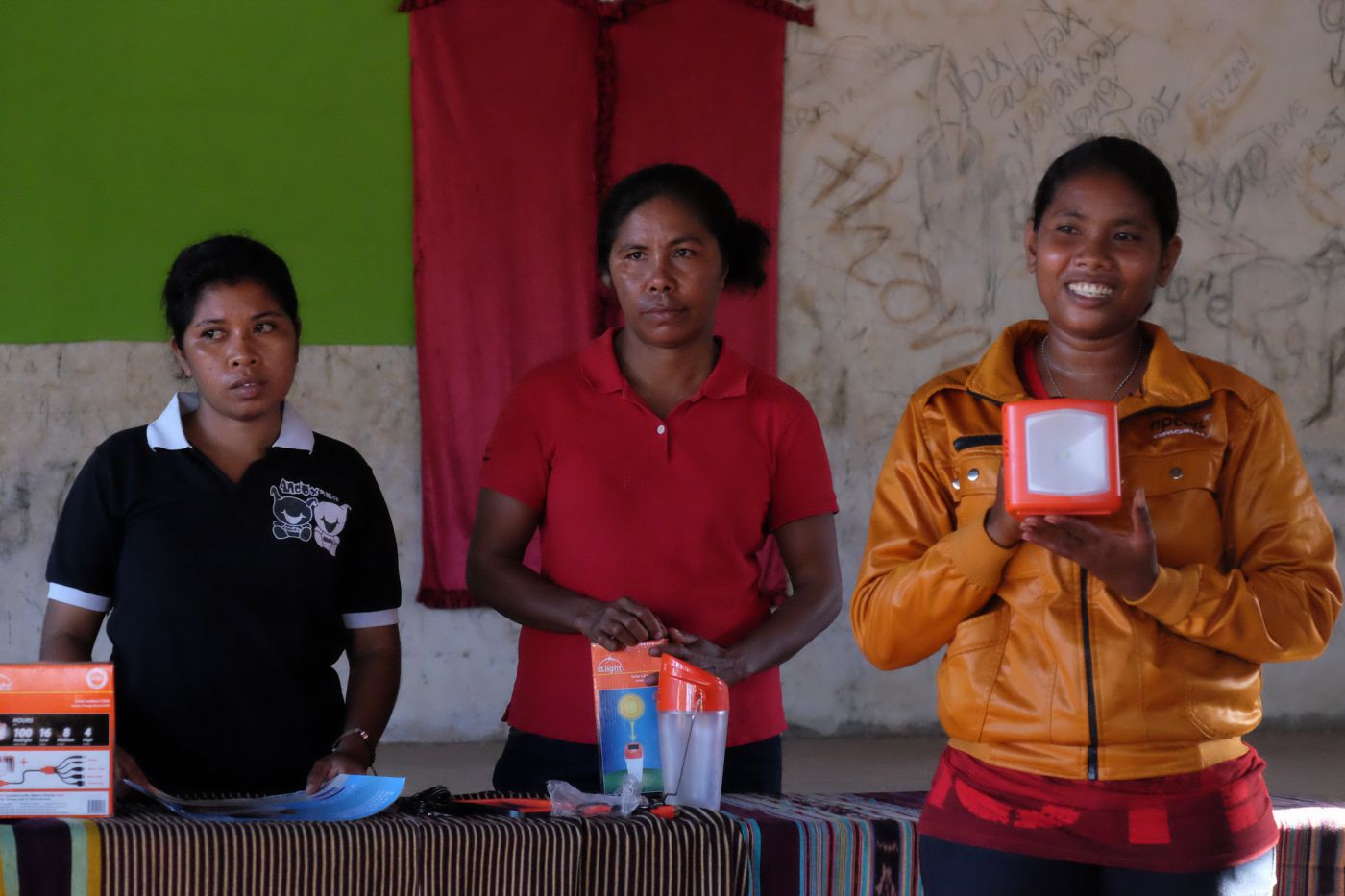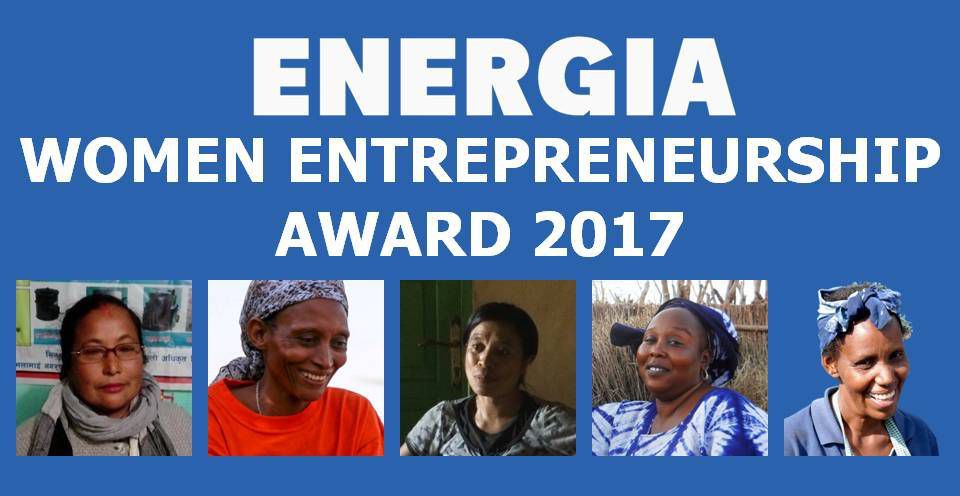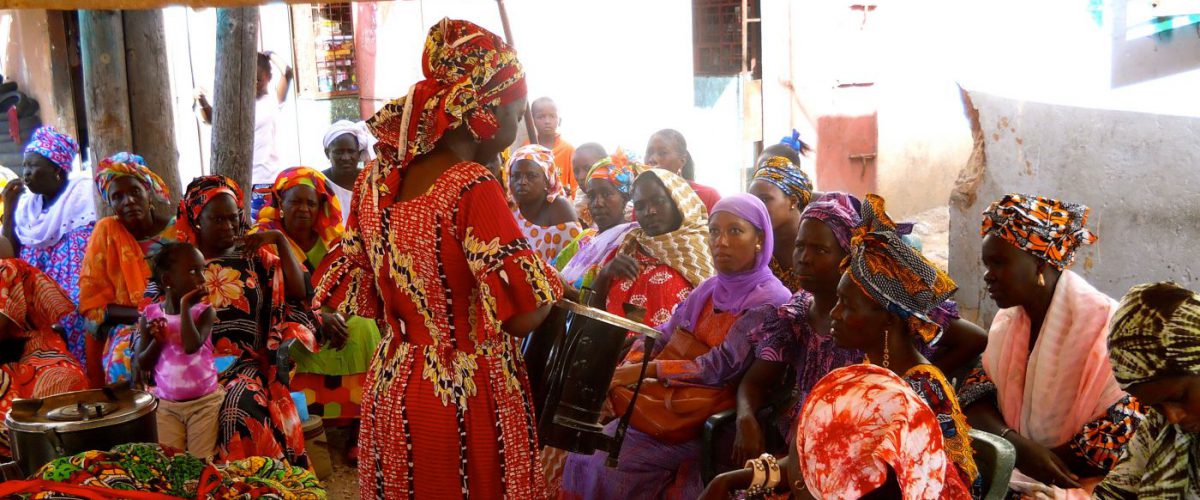“Make sure that women are at the heart of energy policies and investments. This area truly holds tremendous potential to empower women and make the world a better place for everyone,” said Sheila Oparaocha, ENERGIA’s International coordinator and programme manager in her International Women’s Day message.
Speaking about ENERGIA’s women-centred economic empowerment (WE) programme, Ibu Dasri from Indonesia remarked: “I learned how simple technologies can change people’s lives.” This 45-year-old teacher and mother of three children has been improving the well-being of her community on East Lombok, and her own life, by participating in the WE programme. Her initial positive impression with how the “water filter really helps people in the community to access clean and safe drinking water” launched Ibu Dasri’s journey to entrepreneurship, which has been bringing her ever closer to realizing her dream of financial independence and having her own house.
Other life-changing technologies distributed under the WE programme include improved cookstoves, solar task lights, lamps and home lighting systems.

Within only two years since ENERGIA launched the programme together with local partners in Africa and Asia in 2014, the overall target has already been exceeded: more than 4,000 women have started running micro and small enterprises. Together, they sold close to 275,000 energy products, which have been improving the lives of more than 1.3 million consumers in some of the most economically deprived areas of the world: in Nepal, Indonesia, Kenya, Senegal, Uganda, Tanzania and Nigeria.
As a result, household members have significantly more time to do other things but collect fuel wood – a task which predominantly falls on women’s shoulders. Households that are using improved cookstoves and briquettes are also saving money they used to spend on fuel for cooking. On average, those expenses dropped by one‑third. Similar savings are benefiting households that replaced hazardous and costly candles and kerosene lamps with solar lighting – thanks to having been reached by the WE programme.
Women entrepreneurs themselves have been trained to manage their businesses and are earning new income with which they can support themselves and improve the well-being of their families. Their economic empowerment has also been increasing their bargaining power within their households and more broadly, as well as their self‑esteem. As Bimala Rai, a WE programme participant from Nepal put it, “I was selected in the training which provided me a new skill and also a key to boost my confidence. I looked upon this skill as a prime source of income for my children’s upbringing.”

The programme is still ongoing, yet we have already exceeded several specific targets that we had hoped to reach by the end of 2017. And there are even more grounds for optimism – as the economically empowered women are influencing other women’s aspirations and people’s perceptions of what women can and cannot do. That is gradually shifting gender dynamics in individual households and in whole communities, which is bound to change many more lives for the better in the years and decades to come.
We recently put an extra spotlight on the role models that have emerged from the WE Programme by announcing five women from Asia and Africa as winners of the first ENERGIA Women Entrepreneurship Award. The award ceremony will take place at the SEforALL Forum, which will be held in early April in New York.












Follow us on: